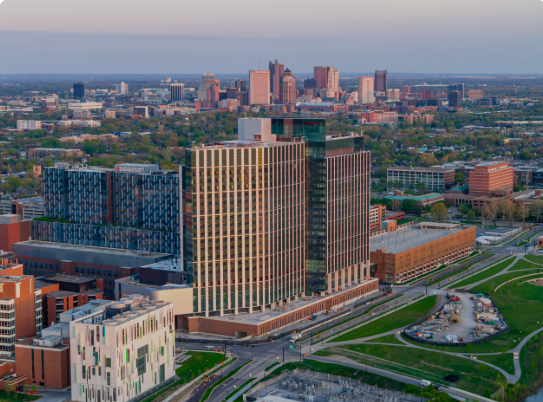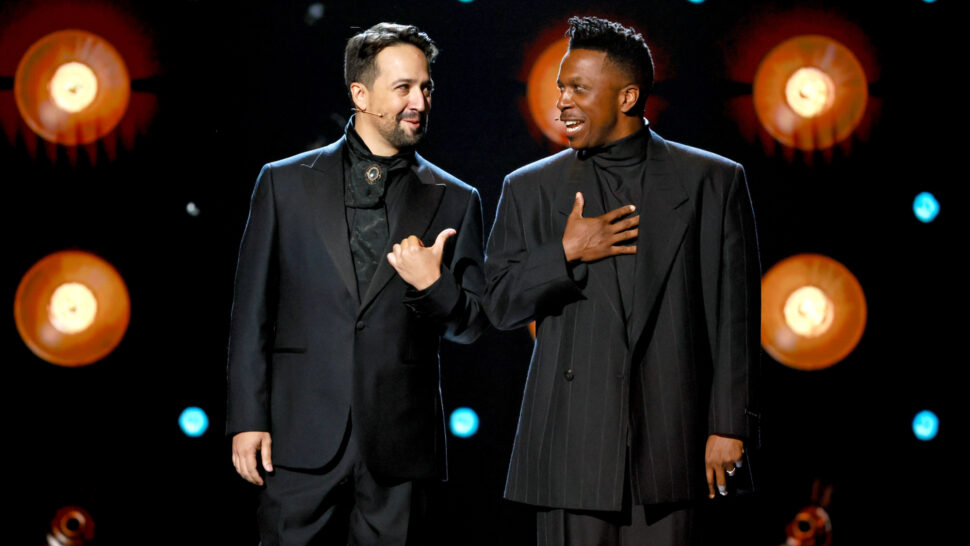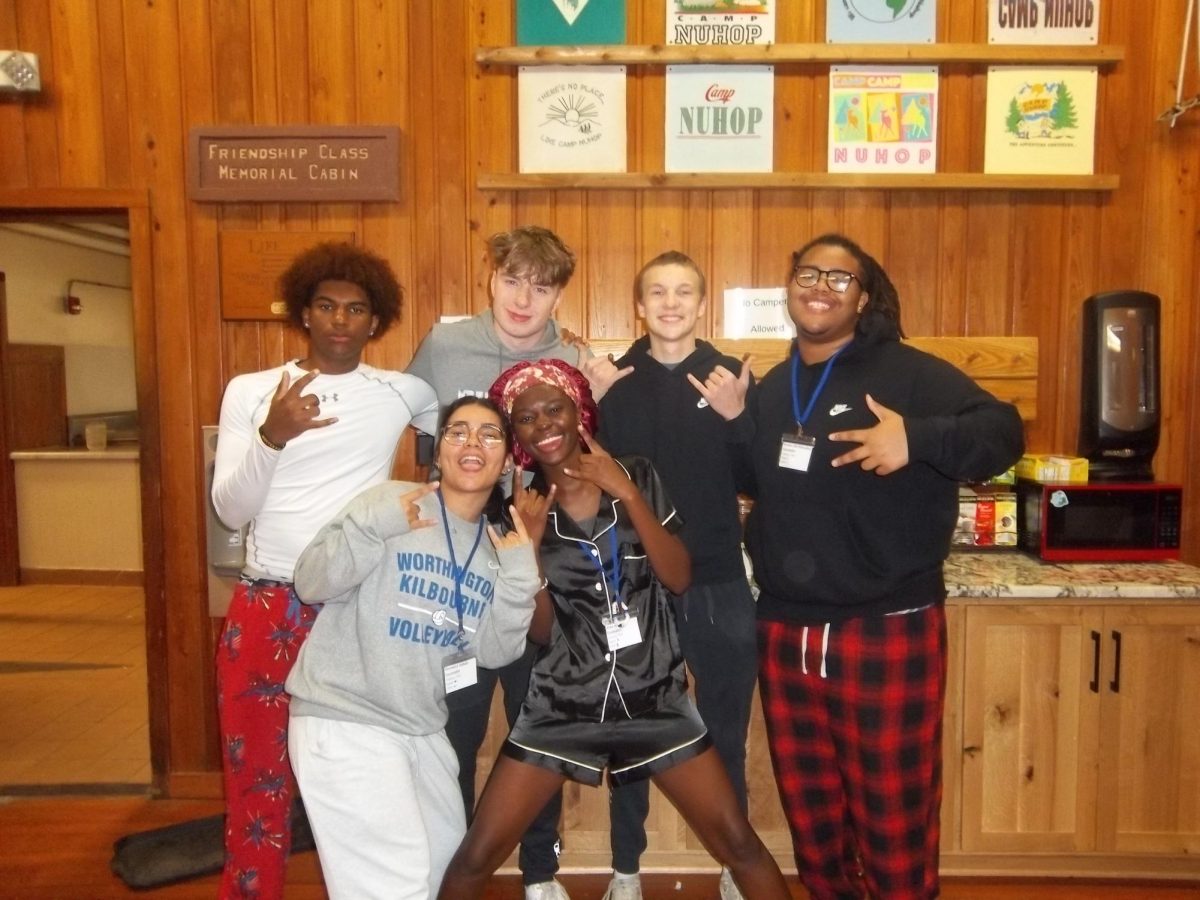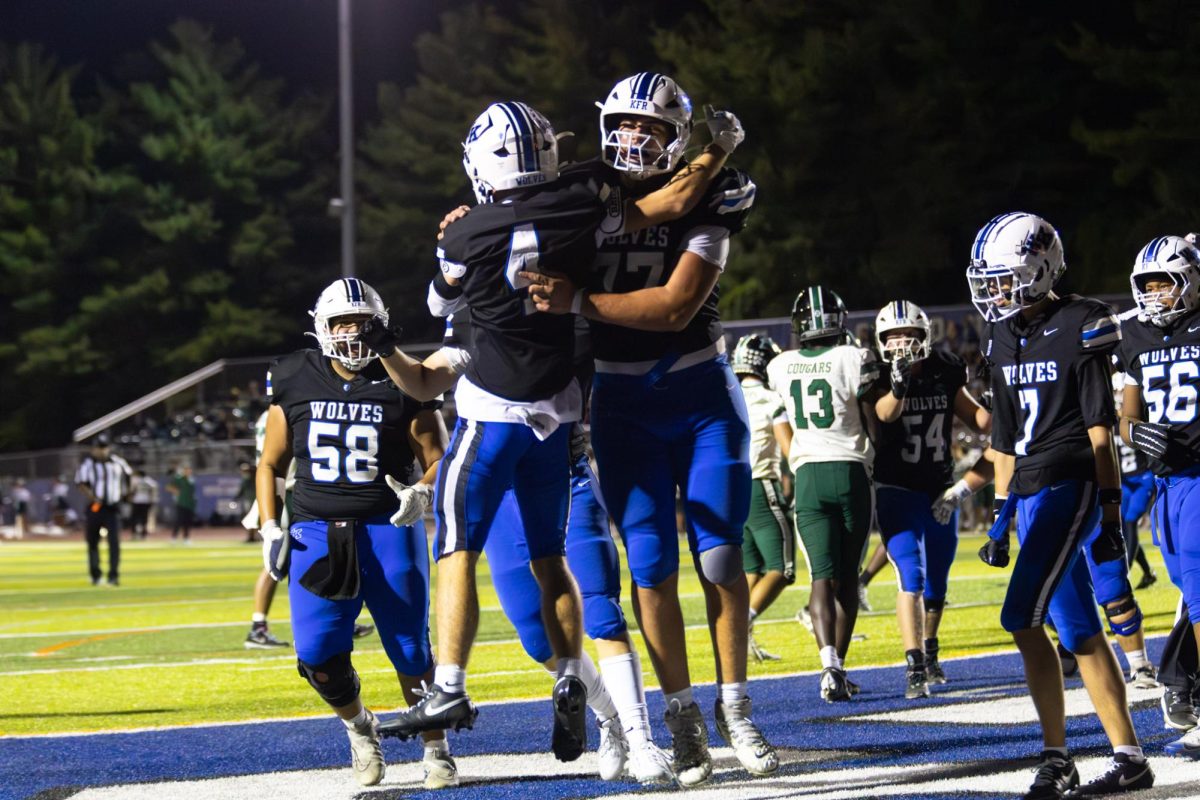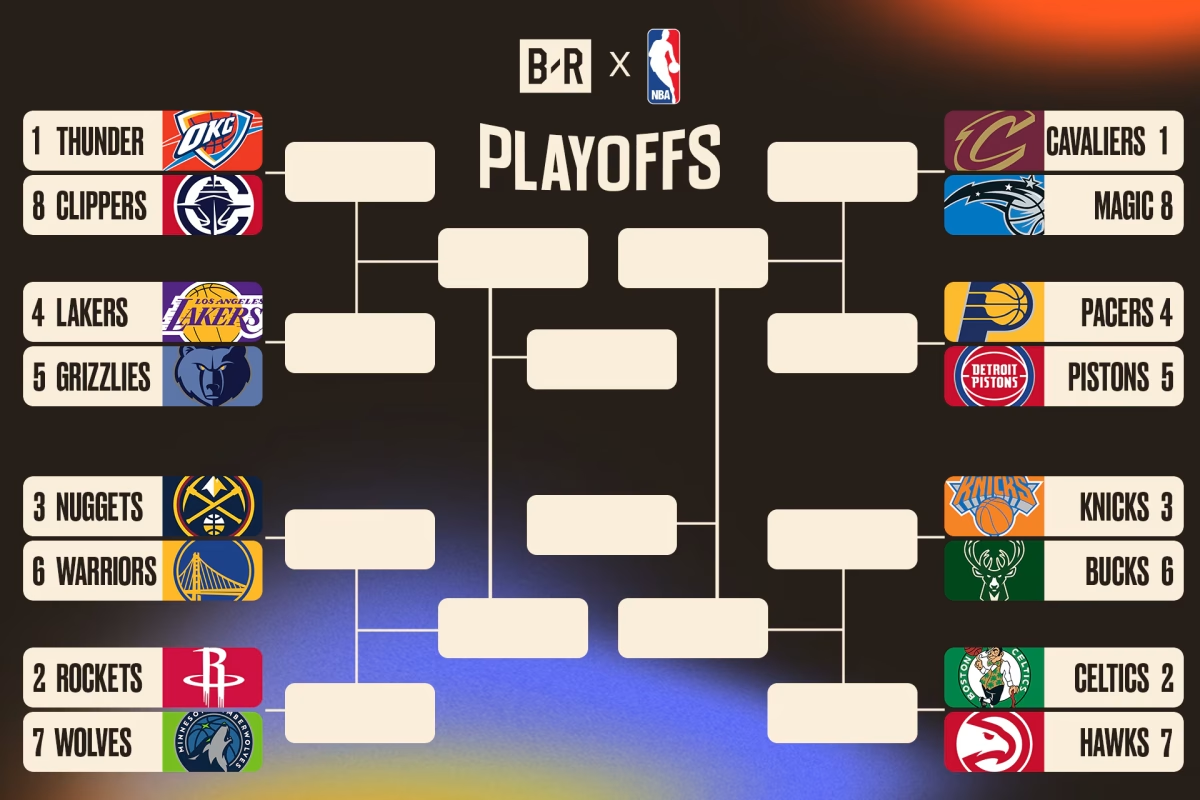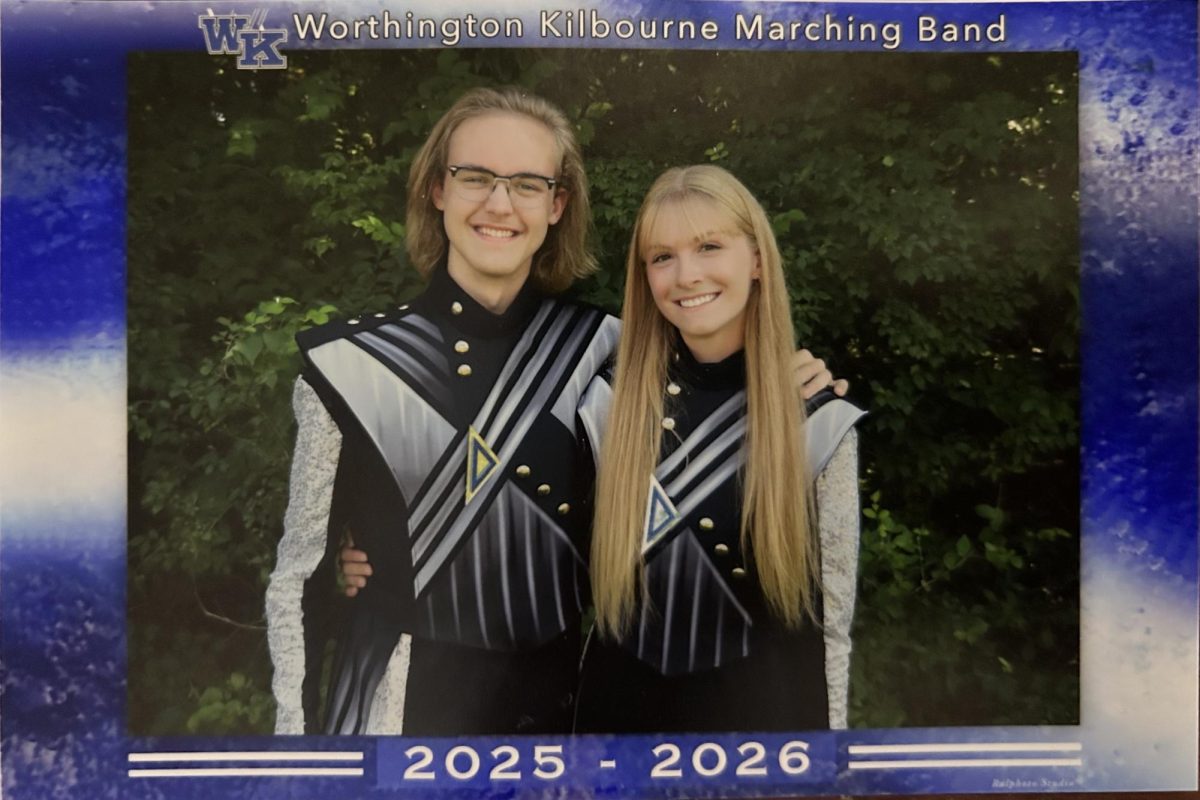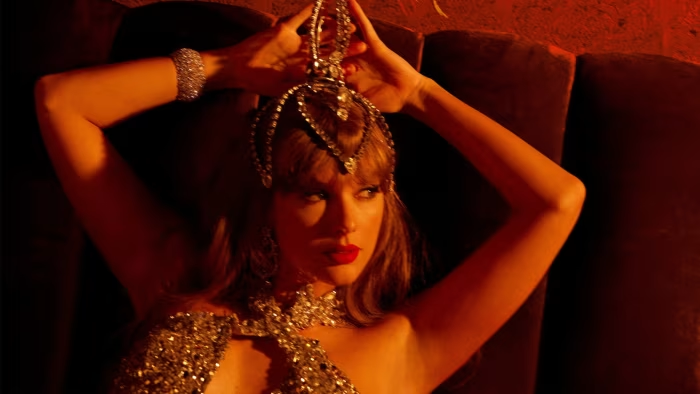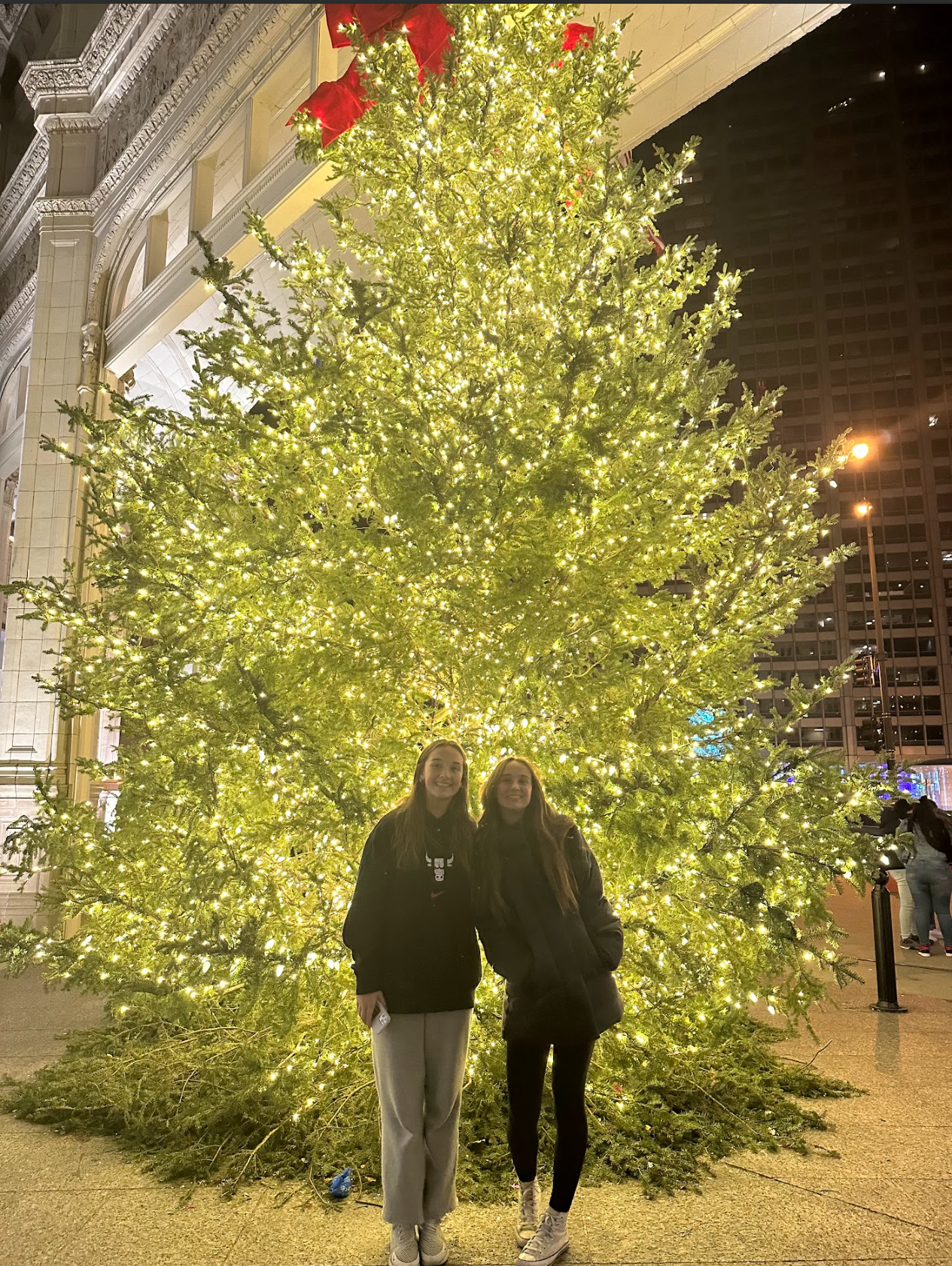Who doesn’t love the holidays? Presents, lights, laughter, great food and time with the people you love; the holidays are a beautiful and joyous time of year. In the midst of dark, grey winter, the essence of the holidays; celebration and joy, often serve as a light to remind people of everything good in their lives and of all the people who they are lucky to love.
Part of the beauty of the holidays is the diversity of each culture’s celebrations and traditions. With so many different holidays and many different reasons for celebrating, the holiday season serves as a great example of how people everywhere can connect through joy while simultaneously celebrating our differences.
Christmas, perhaps the most widely recognized winter holiday, originates in the Christian tradition, commemorating the birth of Jesus Christ. It is celebrated each year on December 25th. It is celebrated because it marks the birth of the Messiah, Jesus Christ, by Mary the Virgin. Jesus came down from His throne in heaven to be born a humble, human birth. He lived a perfect life and went on to die on the cross for our sins, paying the price we could never pay so that we get to live in a relationship with God for eternity. For Christians, Christmas is a time of humble gratitude, where we get to celebrate the grace of our Father for giving us His one and only son, and a time of great hope, knowing that Jesus came and died and fulfilled God’s promises that we would get to live in relationship with Him again. It is a turning point in the fate of humanity.
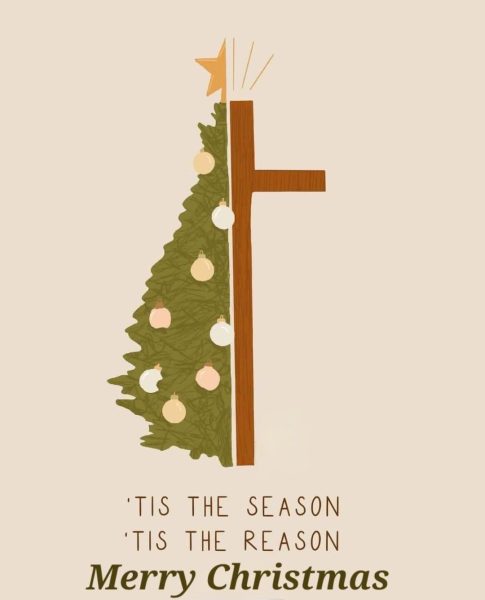
Kilbourne Senior Logan Garber celebrates Christmas each year, and he told us about what it truly means to him. “I believe that the purpose of Christmas is to celebrate the birth of Jesus Christ and to spread His love to others.”
He also spoke on the importance of Christmas, sharing “Christmas is important to me and others who celebrate to me and others who celebrate as we can all come together and cherish Jesus.”
Over the centuries, Christmas has turned into two separate celebrations, the secular and non-secular versions, with many people celebrating the gifting and family traditions associated with the holiday despite not being Christian.
Kilbourne Junior Claire Renneker also celebrates Christmas each year. She shared with us, “To me Christmas means spending time with your loved ones, showing your gratitude and appreciation for everyone and spreading the holiday spirit of happiness and joy.”
Despite how you celebrate, Christmas is a time that emphasizes the value of love, generosity, and compassion.

Hanukkah, the Jewish Festival of Lights, celebrates the rededication of the Second Temple in Jerusalem. This eight-day holiday is marked by the lighting of the menorah, one candle for each night, and is accompanied by prayers, songs, and traditional foods like latkes and sufganiyot. According to tradition, there was only enough oil to keep the Menorah lit for one day, but it stayed lit for eight days, serving as a reminder of God’s presence and promise to His people.
Hanukkah symbolizes resilience, faith, and the miracle of light enduring through darkness.
Kwanzaa, created in 1966 by Dr. Maulana Karenga, is a celebration of African-American culture and heritage. Spanning seven days, Kwanzaa focuses on seven principles, including unity, self-determination, and collective work. Families light a kinara, share stories, and reflect on their heritage and values. Kwanzaa is a time to honor your African heritage and roots.
It’s a time to honor the past and inspire future generations.
In some years, Diwali, the Hindu Festival of Lights, falls in the winter months. This vibrant festival celebrates the victory of light over darkness and good over evil. Homes are adorned with oil lamps and colorful rangoli designs, while families gather to share sweets and perform traditional rituals. Diwali signifies the victory of light over darkness and good over evil. It marks the return of the Hindu Lord Rama to his kingdom after 14 years of exile according to Hindu mythology.
Diwali celebrates hope, prosperity, and the triumph of light.
New Year’s, perhaps the second most widespread holiday, has celebrations that vary widely around the world, but they all share a common theme of new beginnings. From fireworks in Sydney to the ball drop in Times Square, people everywhere bid farewell to the old year and welcome the new with hopes and resolutions. It’s a time to reflect on the past and look forward to the future.
While all of these winter holidays are different in many ways, they share universal themes of light, love family, and renewal. Winter holidays remind us of our shared humanity and the importance of coming together in celebration and reflection.


